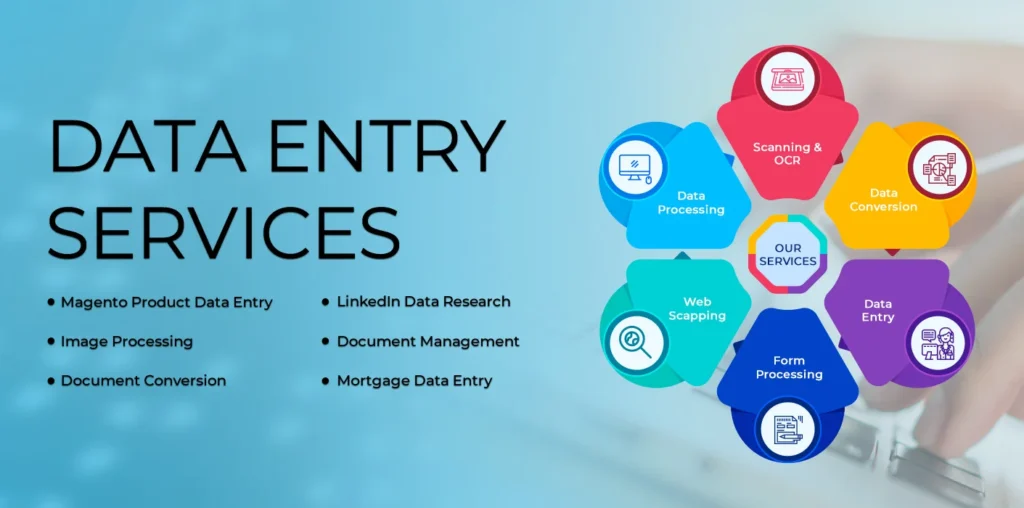In the healthcare industry, data accuracy, privacy, and accessibility are critical. From patient information and treatment records to billing and insurance details, there is a vast amount of data that must be efficiently managed. This is where the role of a medical data entry operator becomes vital. Through medical data entry services, operators help maintain, organize, and update health records, ensuring healthcare providers have quick access to reliable information.
In this article, we’ll explore the responsibilities of a medical data entry operator, the skills required for the role, and how partnering with a data entry services company can benefit healthcare organizations.
Key Responsibilities of a Medical Data Entry Operator
Medical data entry operators play a central role in managing healthcare data. Their duties extend beyond simple data entry, encompassing accuracy checks, confidentiality, and adherence to healthcare regulations. Here are some of their core responsibilities:
1. Accurate Data Entry and Verification
- The primary duty of a medical data entry operator is to input data accurately. This could include patient demographics, medical histories, diagnosis information, and treatment records. Operators carefully verify data against source documents, ensuring it’s entered correctly, which minimizes the risk of errors.
- Accuracy is paramount in medical data entry services, as even minor errors can have significant consequences in patient care and treatment outcomes.
2. Managing Electronic Health Records (EHRs)
- EHRs are digital versions of patient medical histories, and maintaining them requires precision and regular updates. Medical data entry operators manage these records, ensuring they are current and accessible to healthcare providers for better patient care.
- EHR management includes inputting lab results, prescriptions, and notes from healthcare providers. Operators help streamline these records so providers can quickly retrieve vital information during consultations or treatments.
3. Ensuring Compliance with Healthcare Regulations
- Medical data is highly sensitive and governed by regulations like the Health Insurance Portability and Accountability Act (HIPAA) in the United States. Medical data entry operators are trained to handle data with confidentiality and ensure all entries comply with regulatory requirements.
- Operators working for a data entry services company often undergo specialized training on handling sensitive information and maintaining data privacy, which can benefit healthcare organizations.
4. Billing and Insurance Data Entry
- In addition to patient records, medical data entry services often involve inputting billing and insurance information. Operators are responsible for entering accurate billing codes, claims, and insurance data that help in the reimbursement process.
- Accurate billing information is crucial for healthcare facilities to receive payments from insurance providers promptly, minimizing delays and enhancing cash flow.

